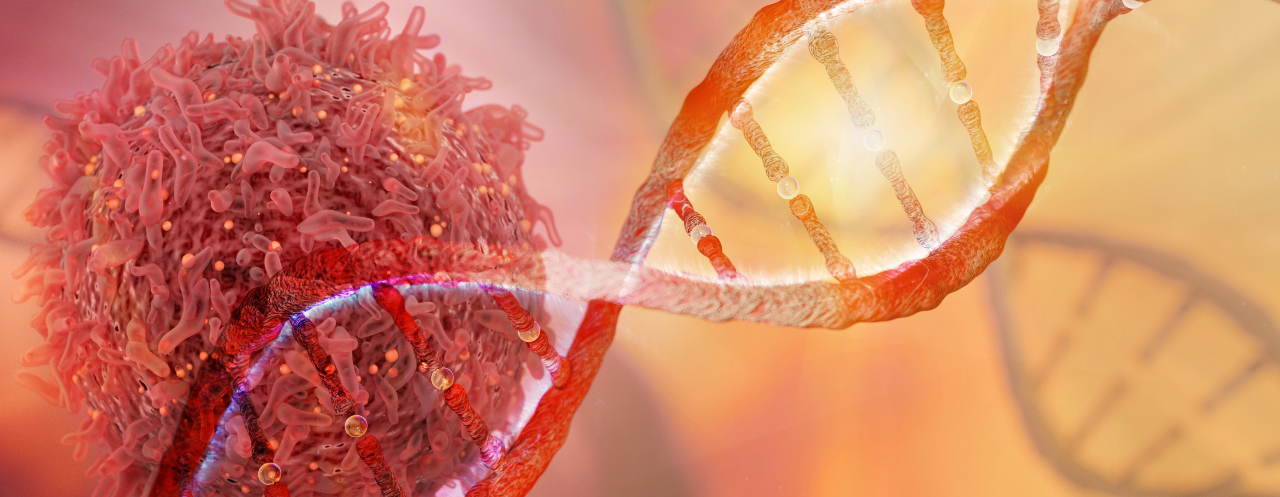High-prescribing physicians who routinely use immuno-oncology (IO) agents in their practice ranked the high cost of therapy, the need to reduce toxicity, and the need for predictive biomarkers as the most important unmet needs in the seven major markets (7MM: the US, France, Germany, Spain, Italy, the UK, and Japan). The high cost of therapy was ranked as the most important need, regardless of market or tumour speciality, reflecting the growing concern of physicians over the most expensive classes of IO such as checkpoint inhibitors, cell therapies, and bispecific antibodies. The other most important unmet needs were the need for better toxicity management that leads to improved quality of life (QoL) in the long term, and the need for wider insurance coverage and reimbursement (Figure 1).
The ranking of unmet needs across geographic markets was mostly uniform. Some notable exceptions include physicians in Japan scoring reduced toxicity as a less important need than improved management of toxicity and QoL, and a much higher need in Japan for more inclusive insurance coverage / reimbursement as well as better treatment guidelines, likely related to Japanese oncologists treating a wider range of tumour types. The US scored low in the need for predictive biomarkers, possibly because PD-L1, microsatellite instability, and tumour mutation burden testing are more widespread in the US.
Some unmet needs may be more important in certain indications that others. The need for predictive biomarkers was more pronounced among generalist physicians and solid tumour specialists, given that the majority of immunotherapies in hematologic malignancies are already antigen-specific. Furthermore, haematologists scored the need to reduce toxicity lower and instead were more concerned about the management of side effects and the long-term QoL. This may be due to the fact that CAR-T cell therapies in hematologic malignancies are known to require specialist care in large academic centres and aggressive toxicity management in order to be infused successfully. The need for options in IO-refractory tumours was also prioritised by haematologists, which is not surprising given a large number of checkpoint inhibitor failures in blood malignancies.
Respondents were also asked to rank the future level of attainment of these needs; high cost of therapy was not viewed as a need that can be sufficiently attained in the future, and the same was true for the need of wider insurance coverage. This view is supported by the consistently high or increasing prices of IO therapies despite a steadily growing number of market competitors, particularly in the checkpoint inhibitor field. Instead, various needs that relate to personalised medicine and efficacy were viewed as the most promising needs in terms of future attainment. GlobalData views toxicity management and better predictive biomarkers as opportunities for industrial investment. New agents that offer a substantial improvement in these areas are expected to capture market share even in competitive, well-established indications.
Figure 1: Immuno-oncology Unmet Needs Ranked by Order of Importance in the 7MM.


US Tariffs are shifting - will you react or anticipate?
Don’t let policy changes catch you off guard. Stay proactive with real-time data and expert analysis.
By GlobalDataSource: GlobalData; Primary Research.




